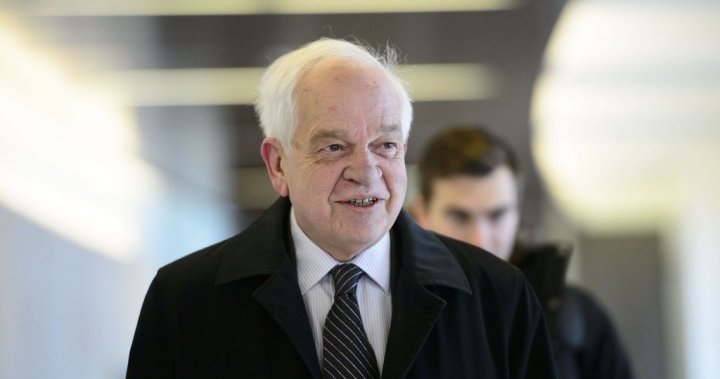The Canadian political landscape lost one of its most distinctive voices this week as John McCallum, whose career spanned decades of public service across multiple federal cabinets, passed away at age 75. Sources close to the family confirmed McCallum died peacefully on Sunday after a period of illness, closing a chapter on one of Canada’s most versatile political figures.
McCallum, whose career trajectory took him from the ivory towers of academia to the highest echelons of government, leaves behind a complex legacy that transcended traditional political boundaries. As a former chief economist for the Royal Bank of Canada, McCallum brought rare financial acumen to Parliament Hill when he first won election to the House of Commons in 2000.
“John represented a unique blend of intellectual firepower and practical policy expertise,” said former colleague and cabinet minister Ralph Goodale. “Few could match his ability to distill complex economic concepts into accessible language for both his colleagues and constituents.”
McCallum’s ministerial career proved remarkably diverse, serving as Minister of National Defence during Canada’s critical decision to avoid participation in the Iraq War, Minister of Veterans Affairs, and later as Immigration Minister under Justin Trudeau, where he helped shape Canada’s response to the Syrian refugee crisis in 2015-16.
His diplomatic career culminated in his appointment as Ambassador to China during a particularly turbulent period in Canada-China relations. McCallum’s tenure ended controversially in 2019 after comments regarding the extradition case of Huawei executive Meng Wanzhou prompted his dismissal by Prime Minister Trudeau.
“Despite the challenges at the end of his ambassadorial service, John’s contributions to Canada’s foreign policy were substantial and reflected his deep commitment to public service,” noted former diplomat Colin Robertson. “His understanding of global economic systems gave him unique insights in diplomatic circles.”
Born in Montreal in 1950, McCallum’s academic career included teaching economics at McGill University and serving as Dean of Arts at McGill. This academic background informed his approach to politics, where colleagues described him as methodical and evidence-driven.
Throughout his career, McCallum maintained a reputation for accessibility and candor – sometimes to a fault. His occasional unscripted remarks made him both refreshingly honest to supporters and a liability to political handlers, but they also humanized a man whose intellectual credentials might otherwise have seemed intimidating.
“John never forgot that politics is ultimately about people,” said former parliamentary secretary Marco Mendicino. “Whether discussing complex economic policy or immigration reforms, he always centered the human impact of government decisions.”
As tributes pour in from across Canada’s political spectrum, McCallum’s passing prompts reflection on how public servants navigate the increasingly polarized landscape of modern governance. In an era of deepening partisan divides, what can today’s politicians learn from McCallum’s willingness to serve in various capacities across multiple governments while maintaining intellectual independence?
















